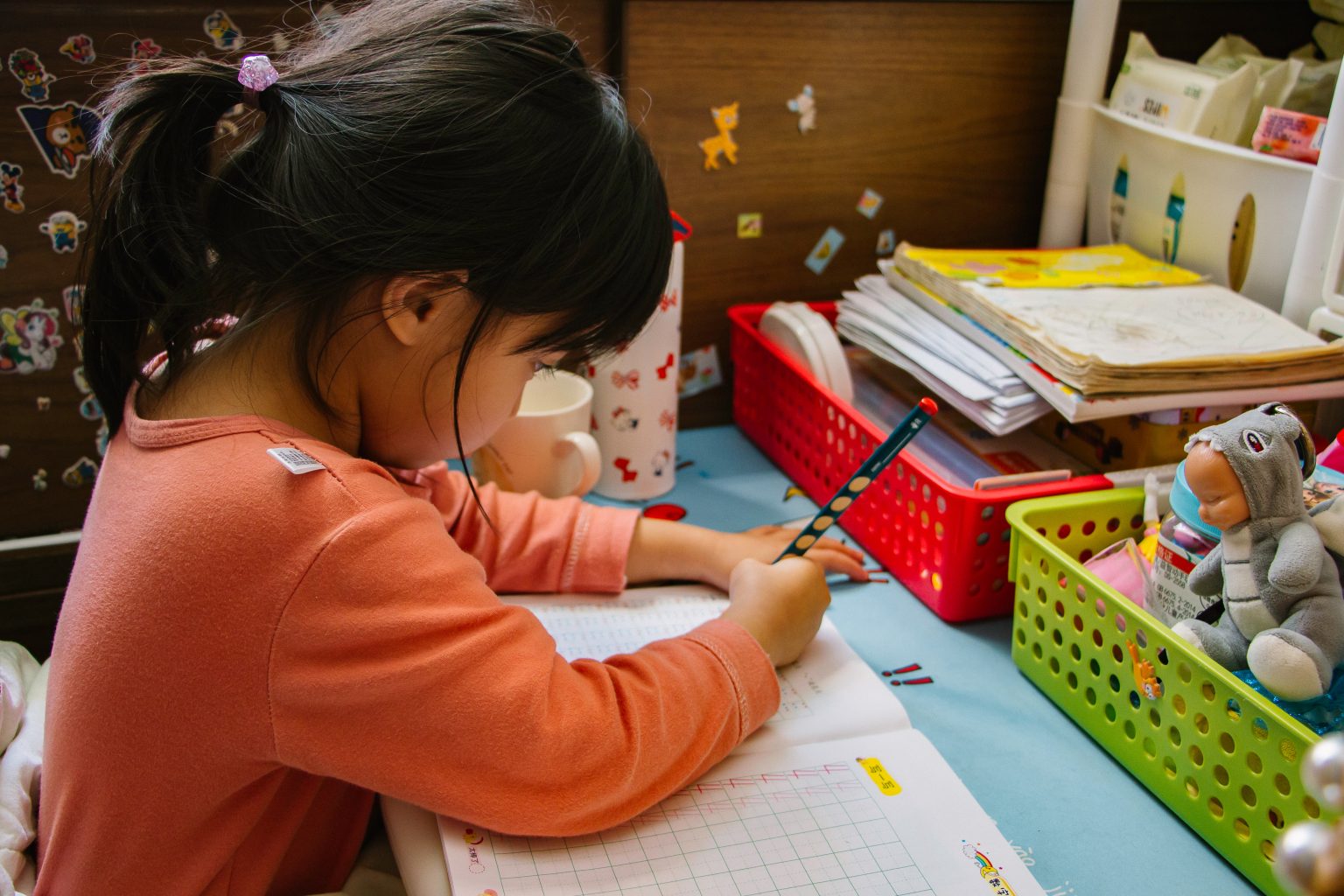 From the pages of the Baby & Child Care Encyclopedia: Chapter 9, Milestones, Charts and Checklists
From the pages of the Baby & Child Care Encyclopedia: Chapter 9, Milestones, Charts and Checklists
For some kids, school is an exciting milestone they can’t wait to experience (especially if they have older siblings, cousins or friends who go to school and rave about their teachers, the playground and more). But for other kids, kindergarten looms large and may be a little scary.
A Note for Parents There are academic skills you can work on at home in the months leading up to the start of kindergarten, of course, but if your child doesn’t know how to print the alphabet or recognize sight words on the first day of school, don’t panic. Work on self-regulation, instruction- and rule-following, social interactions and taking responsibility for themselves and their belongings first; ABCs and 123s come second. Here are some tips for kindergarten readiness:
Life skills
- Your child knows their first and last name and can recognize it in print.
- Your child is toilet-trained and can (for the most part) manage their own clothing during bathroom breaks.
- Your child can identify their shoes/boots and outdoor clothing and knows how to button, buckle, zip and fasten.
- Your child can open lunch containers and feed themselves.
- Your child understands authority and can abide by rules with little reminding.
- Your child can follow instructions and ask for help if needed.
- Your child can use words like please, thank you and you’re welcome.
- Your child understands and handles transitions between activities with little difficulty.
- Your child tries to self-regulate and articulate their feelings in words.
- Your child can play cooperatively with others (most of the time…).
- Your child is excited by learning new things and accepts that they will sometimes make mistakes (and that it’s okay and even encouraged!).
Classroom basics
- Your child can identify colours.
- Your child can recognize the difference between numbers and letters.
- Your child can identify how objects are the same and different.
- Your child can hold a crayon or pencil correctly.
- Your child can cut with scissors.
- Your child can do an age-appropriate puzzle.
Literacy basics
- Your child will sit and listen quietly to a story, following the plotline.
- Your child will look at the pictures in a book independently.
- Your child can put the events of a story timeline in chronological order.
- Your child can explain what happens to a character and how they might feel.
- Your child can draw pictures to tell a story.
- Your child scribbles or imitates letters as “writing.”
- Your child asks you to write notes to others and can dictate what they want to say.
Numeracy and mathematics basics
- Your child can make more-or-less comparisons.
- Your child can count using one-to-one correspondence (points to each object as they count).
- Your child can recognize and name basic shapes.
- Your child is starting to notice patterns in their every day environment.
If it’s a surprise that knowing the ABCs and 123s aren’t pre-requisites for starting kindergarten, we’ve got a few other lesser-known tidbits for you to put in your back pocket for the first few weeks of school. Check out Five Surprising Things To Know About Starting School.
Nipissing District Developmental Screen The NDDS is often touted as the Canadian standard for milestone assurances. The NDDS is a series of checklists designed to give parents a sense of whether their child is hitting age-appropriate developmental milestones, and, should there be a concern, directing parents when to have their child seen by a paediatrician or GP. Parents can register for monthly prompts up to 30 months, and then yearly prompts up to age six, at lookseechecklist.com.
As you watch your child grow and learn, saving with a CST RESP will help you support their dreams. Visit www.cst.org to learn more.
The Milestones, Charts and Checklists chapter of the Baby & Child Care Encyclopedia has been made possible by CST Consultants Inc.
Read more from the Baby & Child Care Encyclopedia.
-
-
- Prenatal 101
- Breastfeeding and the First Three Months
- Starting Solids and the Toddler Years
- An Age-by-Age Guide to Sleep
- Family Nutrition
- Kids and Mental Health
- When Your Child is Sick
- Safety and First Aid
- Milestones, Checklists and Charts
-












